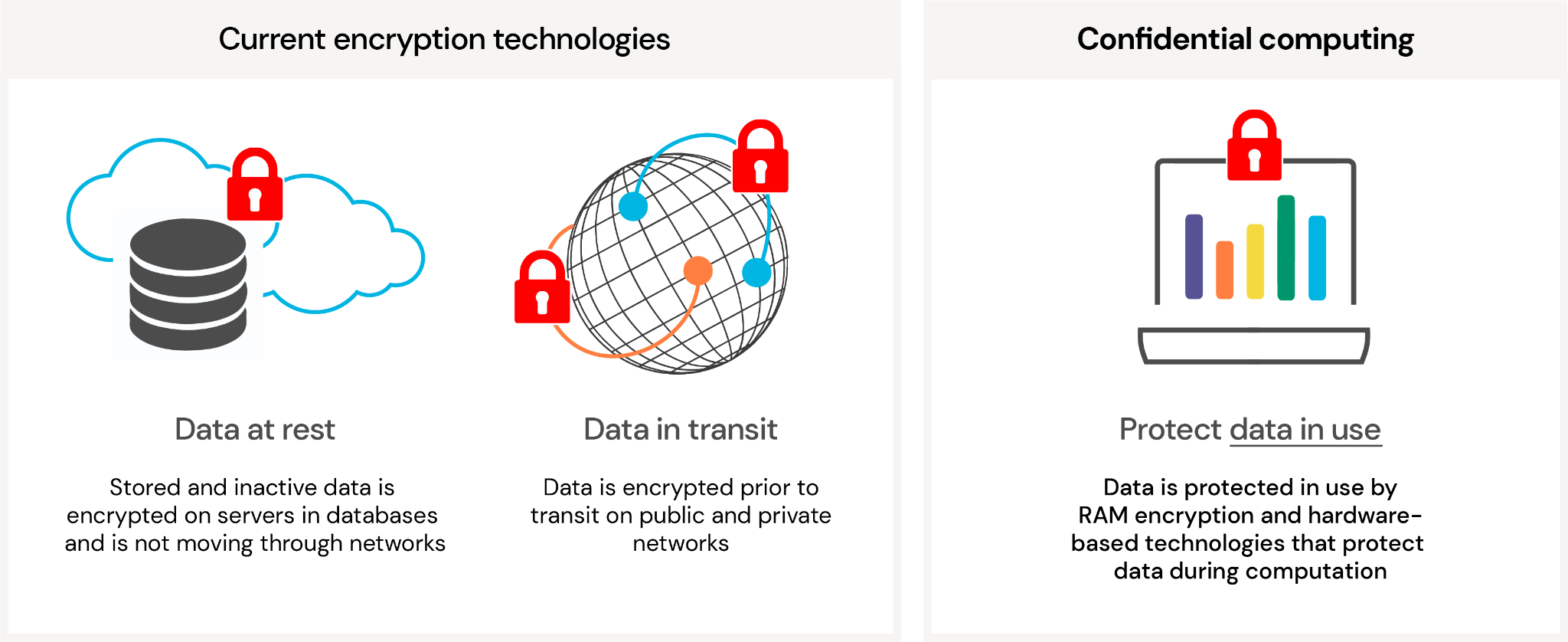5 things one should never share with ChatGPT

ChatGPT has evolved significantly over the years, becoming a beloved digital companion known for engaging in natural, human-like conversations. Many individuals rely on ChatGPT for various purposes, from seeking motivation to academic assistance. Despite its usefulness, it is crucial to prioritize responsible usage and protect your privacy. Certain information should always be kept confidential to ensure personal security, financial integrity, and ethical considerations.
1. Personal Information

Avoid sharing sensitive details such as your full name, address, phone number, banking information, or passwords with ChatGPT. While AI models typically do not retain data, exercising caution when discussing private matters online is essential to prevent any potential risks.
2. Confidential Business Data
Never input confidential office documents, trade secrets, or unreleased business plans into ChatGPT. Safeguarding sensitive company information is paramount to mitigate cybersecurity threats and uphold the confidentiality of proprietary data.
3. Professional Advice

While ChatGPT can offer general insights, it should not be viewed as a substitute for professional medical or legal advice. It is always advisable to consult qualified professionals, such as doctors or lawyers, for accurate guidance instead of relying solely on AI-generated content.
4. Engaging in Harmful Discussions
AI models like ChatGPT adhere to ethical standards and do not endorse discussions that are harmful, illegal, or inappropriate. Participating in such conversations may lead to restricted access or inaccurate responses, underscoring the importance of maintaining respectful interactions.
5. Critical Decision-Making
Avoid relying on AI to predict the future, manage financial investments, or make significant life choices on your behalf. Depending solely on AI for such crucial matters can result in misguided decisions and errors. While ChatGPT can serve as a platform for sharing thoughts and experiences, it is essential to remember that it is an artificial intelligence tool, not a confidant. Exercise prudence and discernment when utilizing AI, ensuring that important decisions are informed by human judgment and real-world expertise.










